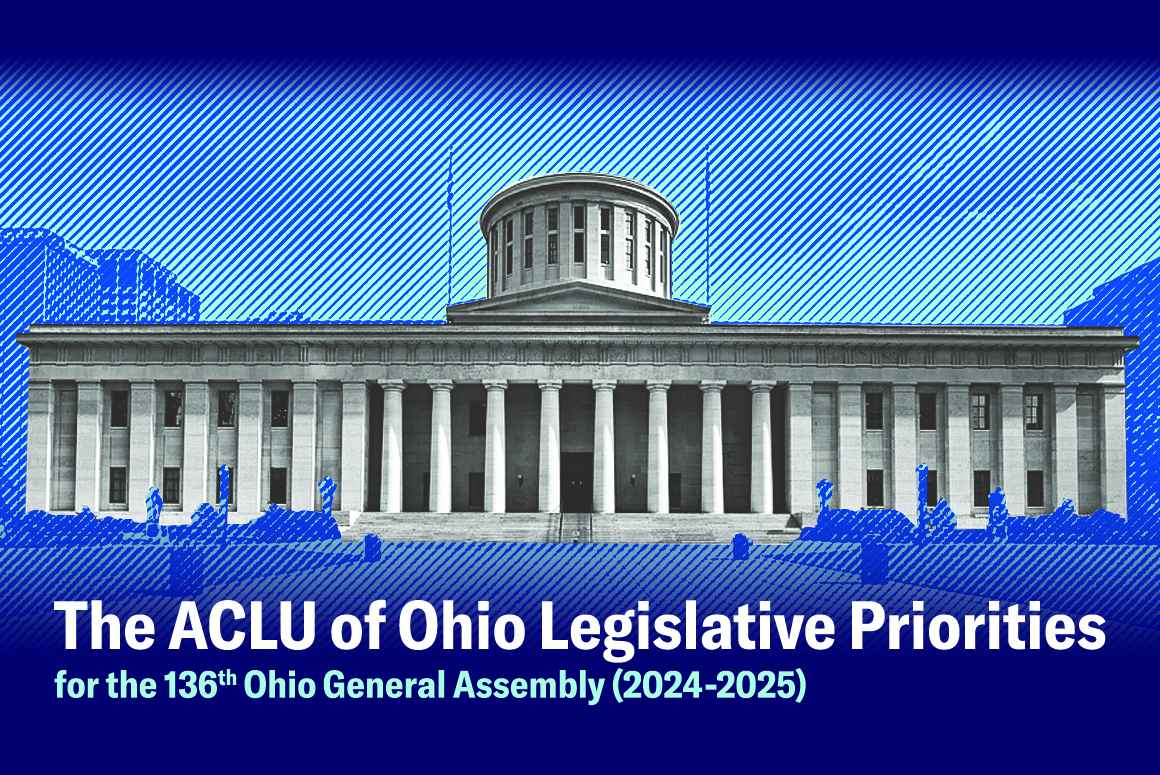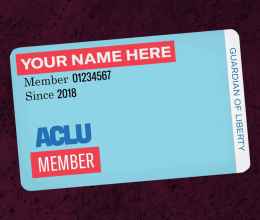Our rights depend on our willingness to defend them.

136th OGA (2024-2025)
Background
The Ohio General Assembly (OGA) is Ohio’s state legislature which serves as our state law making body. The OGA consists of the 99-member Ohio House of Representatives and the 33-member Ohio Senate. Ohio has a two-year, full-time legislature. A new legislative session begins every two years on the first Monday in January of odd-numbered years.
136th OGA (2025-2026)
The current partisan breakdown in the OGA is
- Senate – 24 Republican (1 vacant as of 1/8/25), 9 Democrat
- House – 65 Republican, 34 Democrat
The breakdown of the legislature is important to track as supermajorities have greater powers than balanced make ups. For example, to overcome a Governor’s veto, a 3/5 majority vote of both chambers is needed. Republicans currently have a strong enough supermajority that a single Democrat member vote is not needed to overcome this threshold (60 in the House; 20 in the Senate). Joint resolutions proposing amendments to the Ohio Constitution also require this same 3/5 majority.
Lawmakers can also add an “Emergency Clause” to legislation. This must include a separate section setting forth the nature of the emergency, and this section must be voted on with a separate roll call. Additionally, both the emergency clause and the law as a whole must receive a 2/3 majority of the members of each chamber. If so, the legislation goes into effect immediately. The Ohio House’s Republican supermajority falls short of this threshold on its own, meaning some Democrat votes would be necessary.
Committees
Ohio’s legislative process in Ohio is driven by committees. Committees are where bills are considered and give people an opportunity to testify.
The majority party chairs committees, and committee membership is lopsided in favor of the majority party. Thus, for most bills requiring only a simple majority vote, no Democrat votes are needed.
Committee hearings are held Tuesdays, Wednesdays, and Thursdays. Committees are generally required to hold at least three hearings before voting on legislation. Those three hearings are typically organized this way:
- 1st hearing = sponsor testimony
- 2nd hearing = proponent testimony
- 3rd hearing = opponent and interested party testimony
- Sometimes there is a hearing for “all testimony.”
There is no limit on how many hearings a committee may conduct. Many bills receive more than three hearings. If a bill passes committee, it will then proceed to the full chamber floor, and if successful, repeat the process in the other chamber.
Ohio's State Budget Process: 101
This document is intended to provide a brief overview the operating budget and how the budget process works.
Watch our 2021 Legislative Outreach Training video series below:
The entire playlist of training videos can be found on the ACLU of Ohio YouTube channel.
For a look at our historic legislative involvement, please visit the legislative archive page.
Testimony & Advocacy Letters:
Visit the Ohio House and/or Ohio Senate websites: Search the bill number to read the bill’s language, check its status, and download additional documents.



